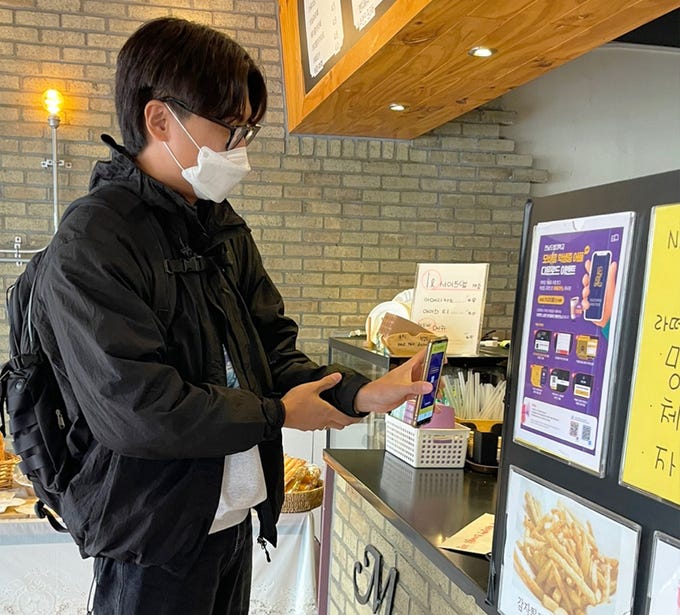South Korean University to Roll out Blockchain-powered ID Cards
A South Korean university says that it has become the latest institution in the country to introduce blockchain-powered mobile phone-based student IDs.
Per Segye Ilbo, Jeonnam State University stated that its ID cards will use decentralized identity technology (DID). This is the same sort of IT solution that the nation’s police currently use to issue digital driving licenses.
The university stated that it would make use of DID solutions provided by Comin Information Systems, a blockchain startup headquartered in Gwangju, a nearby city in South Jeolla Province. Comin has been working with the National IT Industry Promotion Agency. The latter is a government body that has been working on a range of DID adoption projects throughout the nation.
The university added that it was the first in South Korea’s Honam region – the southwest of the country – to adopt DID solutions in favor of plastic ID cards.
Jeonnam State University explained that mobile IDs would help safeguard its students’ personal information. It also said they would help the univesity “provide convenient academic administration services.”
It added that blockchain technology would help in the “prevention of forgery and falsification of personal information,” could help prevent data leaks, and would boost efficiency.
A South Korean university says that it has become the latest institution in the country to introduce blockchain-powered mobile phone-based student IDs.
Per Segye Ilbo, Jeonnam State University stated that its ID cards will use decentralized identity technology (DID). This is the same sort of IT solution that the nation’s police currently use to issue digital driving licenses.
The university stated that it would make use of DID solutions provided by Comin Information Systems, a blockchain startup headquartered in Gwangju, a nearby city in South Jeolla Province. Comin has been working with the National IT Industry Promotion Agency. The latter is a government body that has been working on a range of DID adoption projects throughout the nation.
The university added that it was the first in South Korea’s Honam region – the southwest of the country – to adopt DID solutions in favor of plastic ID cards.
Jeonnam State University explained that mobile IDs would help safeguard its students’ personal information. It also said they would help the univesity “provide convenient academic administration services.”
It added that blockchain technology would help in the “prevention of forgery and falsification of personal information,” could help prevent data leaks, and would boost efficiency.
Students will be able to use a QR code on the app to sign in to locations around the campus. Doing so will let them prove their identity at libraries, stores, lectures, and examination halls.
The university added that it is planning to introduce more compatible “infrastructure” on its campus following the rollout.

